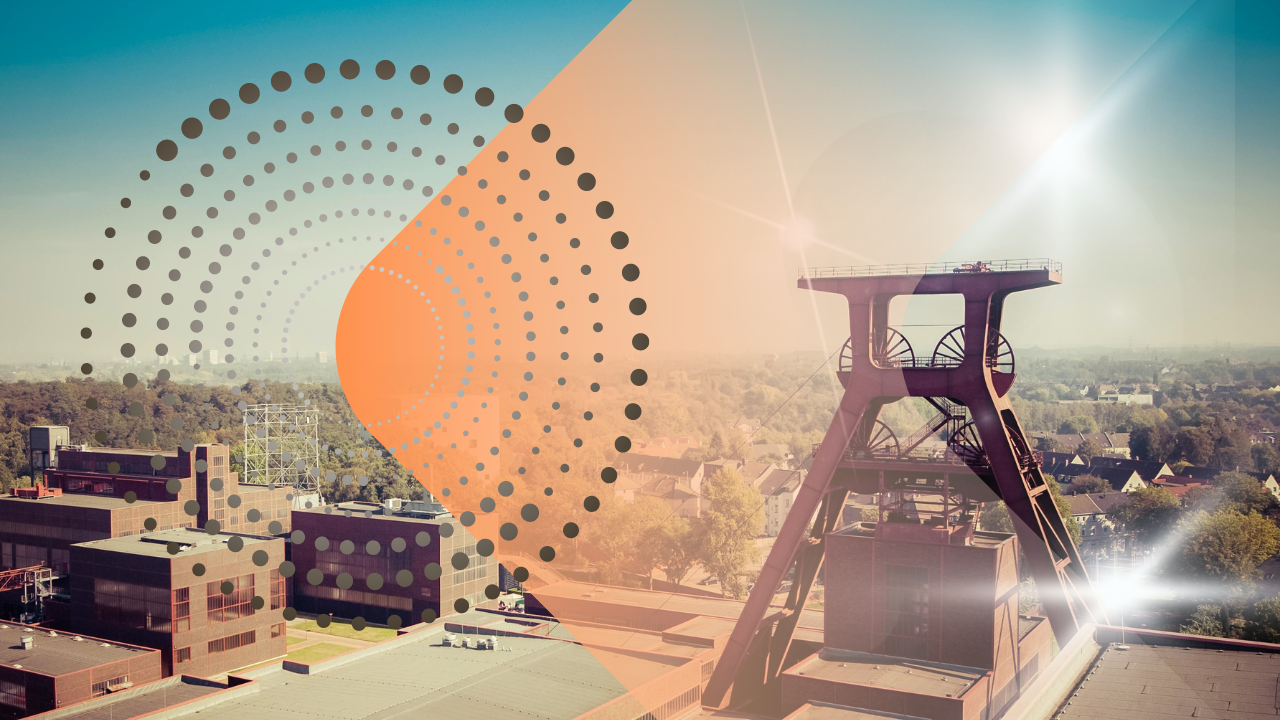On Monday, Serbia’s parliament began discussing an opposition-led proposal to ban lithium and borate mining, a move that would halt Rio Tinto’s contentious $2.4 billion Jadar lithium project in the western region of the country. The debate comes after Serbia reinstated Rio Tinto’s mining licence in July, two years after it was previously revoked following strong opposition from environmental groups.
The reinstatement of the licence sparked nationwide protests, with demonstrators blocking roads and railways in protest of the potential environmental impact. If completed, the Jadar project could satisfy 90% of Europe’s lithium demand, solidifying Rio Tinto’s position as a leading global lithium producer. Lithium is an essential material in the production of batteries for electric vehicles and mobile devices.
While the Serbian government argues that the mine will greatly benefit the country’s economy, environmental groups are concerned about the potential damage to land and water caused by industrial waste. The project, which may not begin until 2028, will undergo strict environmental reviews and public consultations, according to Rio Tinto.
Serbia’s Minister for Mining and Energy, Dubravka Djedovic Handanovic, emphasized that the government would ensure Rio Tinto adheres to stringent international environmental standards. She warned that banning lithium mining could result in lost investments, jobs, and hinder Serbia’s plans to become a hub for electric vehicle and battery production.
Opposing the project, Danijela Nestorovic, a member of the Ecological Uprising movement, called the proposed mining activities a grave environmental risk, asserting that Serbia’s future would not be endangered without lithium extraction.
Despite the heated debate, the ruling coalition has a comfortable majority in parliament and has already signaled it will not support the opposition’s proposal. A vote is expected in the coming days, with environmental groups threatening further protests if the ban is blocked.


